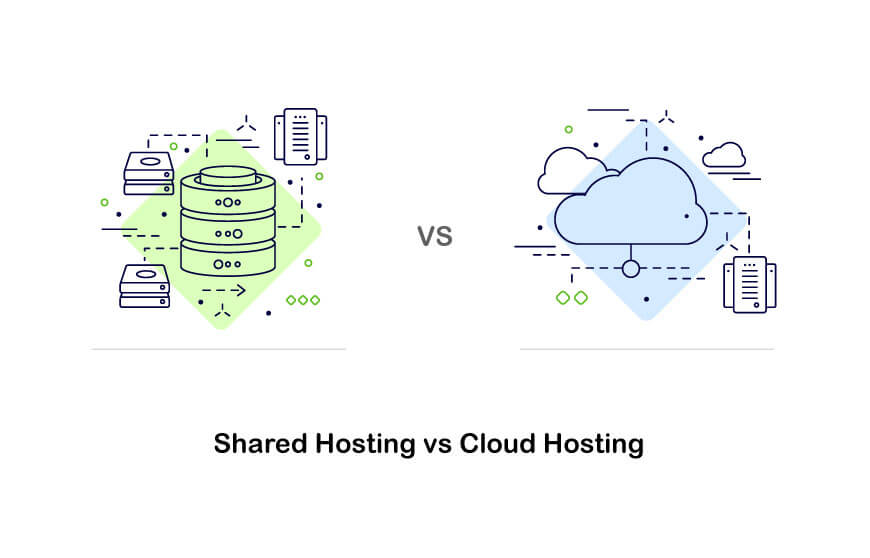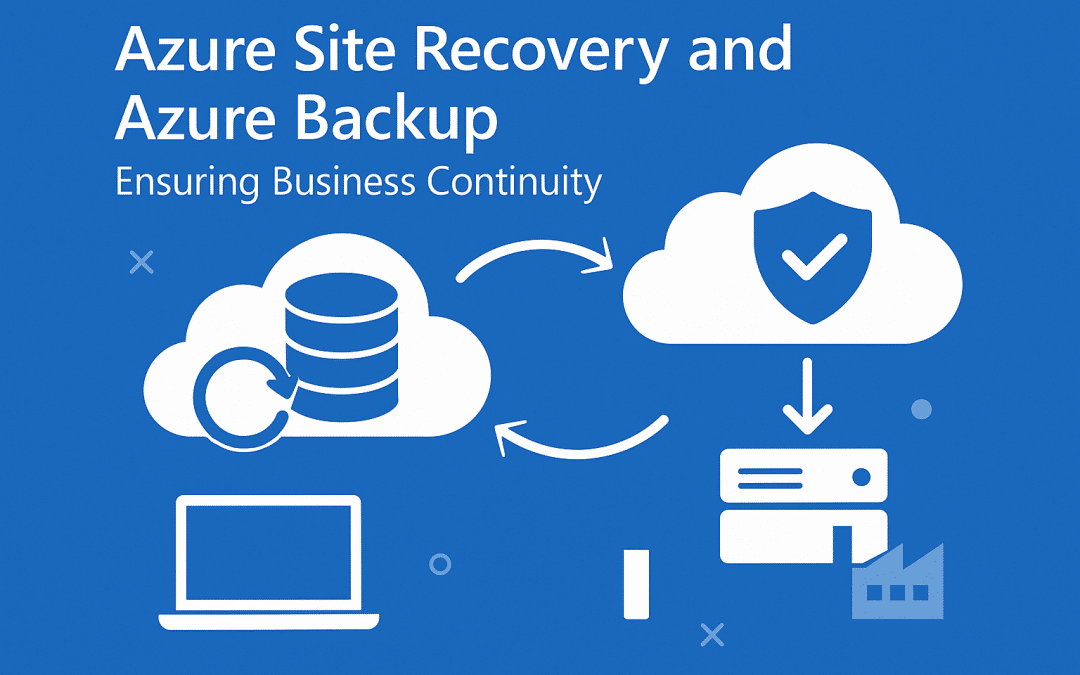Shared Hosting vs. Cloud Hosting
Read this article to learn about, ‘Shared Hosting vs. Cloud Hosting’. Your website’s hosting needs analysis should inform your decision on a web hosting platform. Shared Hosting and Cloud Hosting, though, stand out as two of the most common options, especially among novice website owners. In this article, we’ll examine both options in depth to help you make an informed decision about which hosting platform best suits your needs. It is essential to first grasp their core definition and procedure before moving on to examine their primary distinctions.
What is Shared Hosting?
With shared hosting, numerous websites are hosted on the same server. What we need is a concrete illustration of this concept. It’s similar to using the subway when you need to get somewhere quickly. Taking public transportation spreads the burden of paying for transportation and maintaining the vehicle among many people. Congestion is something you might have to deal with if you try to take public transportation at rush hour. Another downside is that there could be more stops along the way, adding to the amount of time it takes to get where you’re going. This is the actual operation of shared hosting.
Multiple sites utilize the same server. Websites on a shared server often receive their portion of the server’s resources according to a fair usage policy. However, like public transportation, other websites may experience performance issues if the server is overloaded owing to the massive influx of traffic. New website owners and bloggers still favor Shared Hosting over any other option. Given that the hosting company handles server management and maintenance, and that the users split the costs, shared hosting is advantageous from both a cost and a management standpoint.
What is Cloud Hosting?
Hosting websites in the cloud is the cutting-edge method currently in use. Instead of relying on a single server, as is the case with most conventional hosting options, the data of a website is kept across a network of servers. This increases data redundancy since, in the event of a server failure, the other server can be used to recover the data and continue serving the user. Because of this, your website’s uptime and performance will remain unaffected. One of the most promising developments in the industry is cloud server hosting. Cloud hosting’s many advantages include its reliability, scalability, security, data redundancy, and performance.
Shared Hosting vs. Cloud Hosting
The following are the differences between Shared Hosting and Cloud Hosting:
1. Architecture:
Shared hosting, as we’ve already established, allows multiple websites to coexist on a single server by sharing the server’s resources, such as its hard drive space. The hosting company may impose usage limits on this type of activity.
But, cloud hosting uses a network of servers to store the information of a single website, as opposed to just one. A further perk is that numerous sites can share a server while yet benefiting from top-notch security and backup measures.
2. Reliability:
Shared hosting’s performance can degrade if multiple sites begin using a lot of resources at once, which is a common problem. In fact, it’s possible that many websites won’t work, which will worry their owners.
Cloud hosting, on the other hand, is supported by cutting-edge technology and is often regarded as the safest and most dependable choice for hosting websites. Utilizing data mirroring, in which identical copies of data are stored on other servers so that they can be quickly and easily recovered in the event of a disaster.
3. Website performance:
The significance of a fast-loading website cannot be overstated; it is dependent on a number of factors, including the speed of the server. As a result of search engines using site speed as a ranking signal, many site administrators have been vigilant about preventing their pages from loading too slowly. For smaller websites, shared hosting should be adequate to ensure a fast loading time.
However, Cloud Hosting will improve your performance when dealing with resource-intensive websites or websites receiving a large amount of traffic. Because information for a website is stored and accessible across several servers, cloud hosting ensures that it will always be available at lightning speed.
4. Safety:
For a shared server, security may be compromised because numerous domains would share the same IP address. Given the number of websites they are responsible for, however, a reliable host will take extra precautions. The hosting company should keep an eye out for and install any necessary security updates to protect their clients from the newest and greatest in cybercrime.
The modern cloud storage solutions and effective data mirroring used in cloud hosting make it a safer option.
5. Price:
Shared hosting is the cheapest choice and is recommended for those who do not wish to spend a small amount on their website.
But, the cost of Cloud Hosting is more than that of Shared Hosting. When comparing prices and features, nevertheless, Cloud Hosting is the clear winner.
CONCLUSION
After reading this article, you might have got a good idea about, ‘Shared Hosting vs. Cloud Hosting. You can also read this article to learn about cloud hosting vs. dedicated hosting.
Visit our website, 99rdp.com to know about the pricing plans of Cheap RDP.
You can also read this article to know how to buy Admin RDP.



